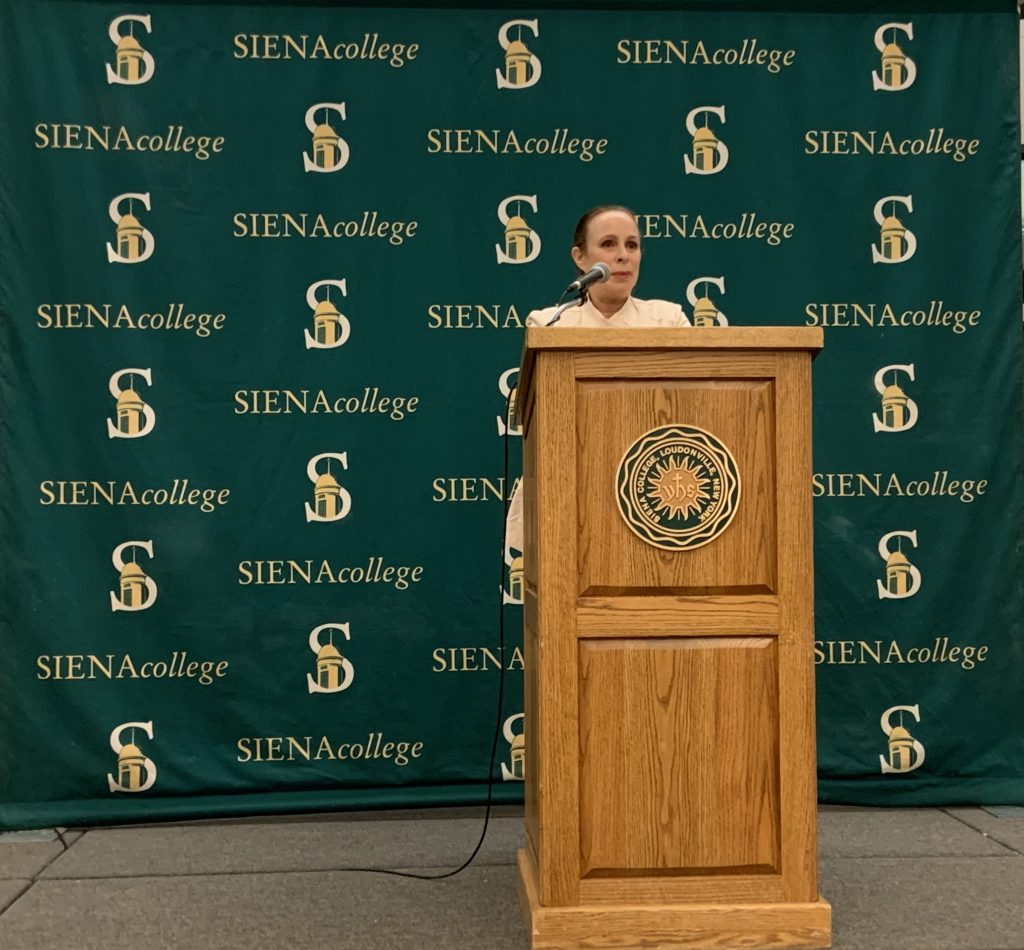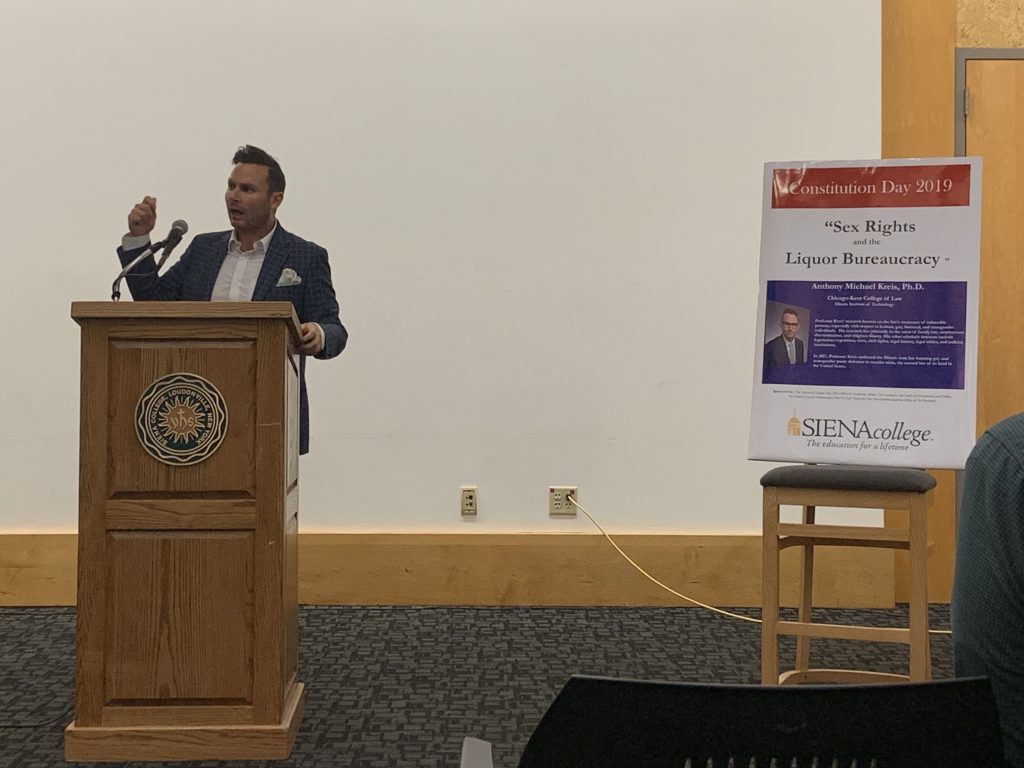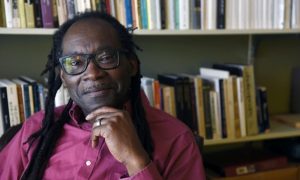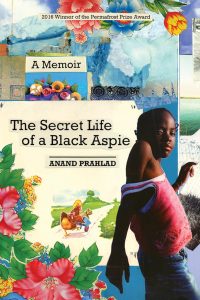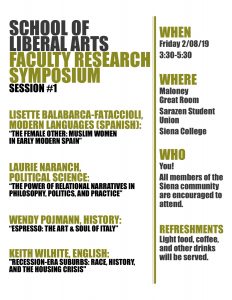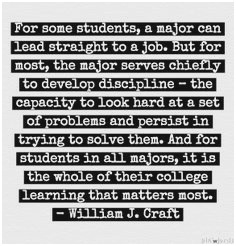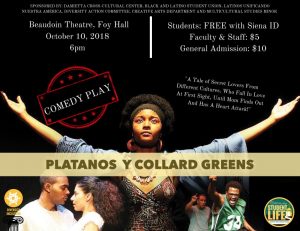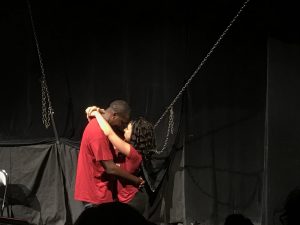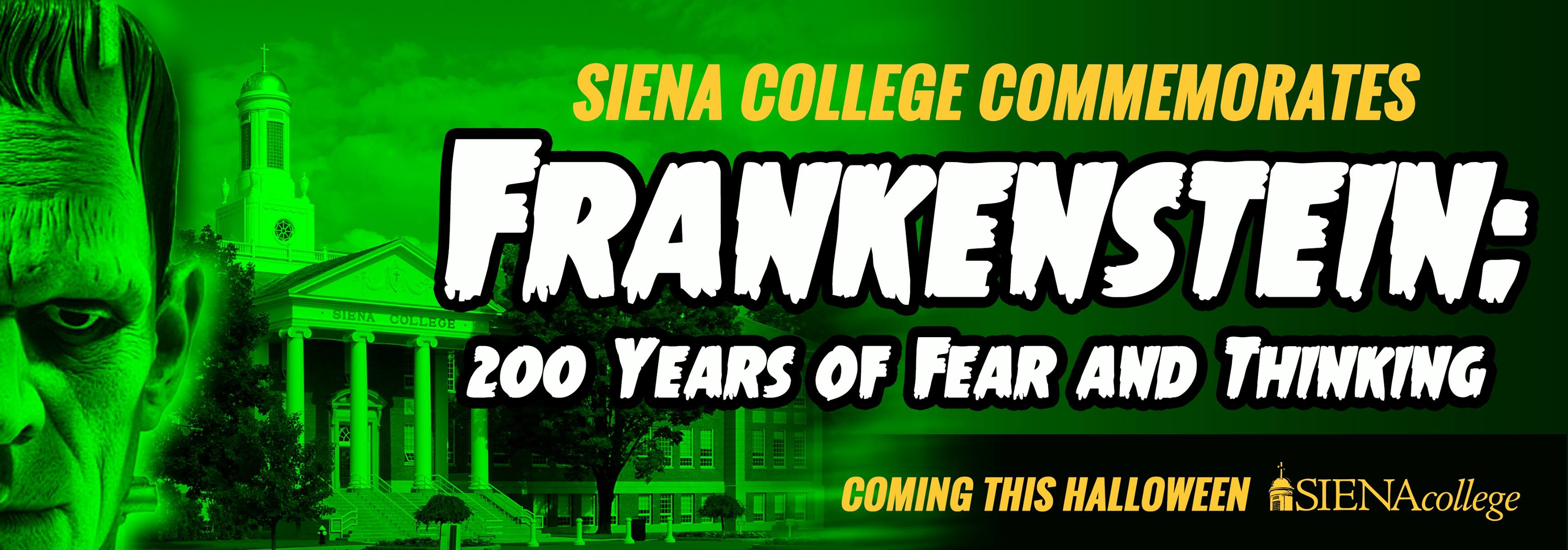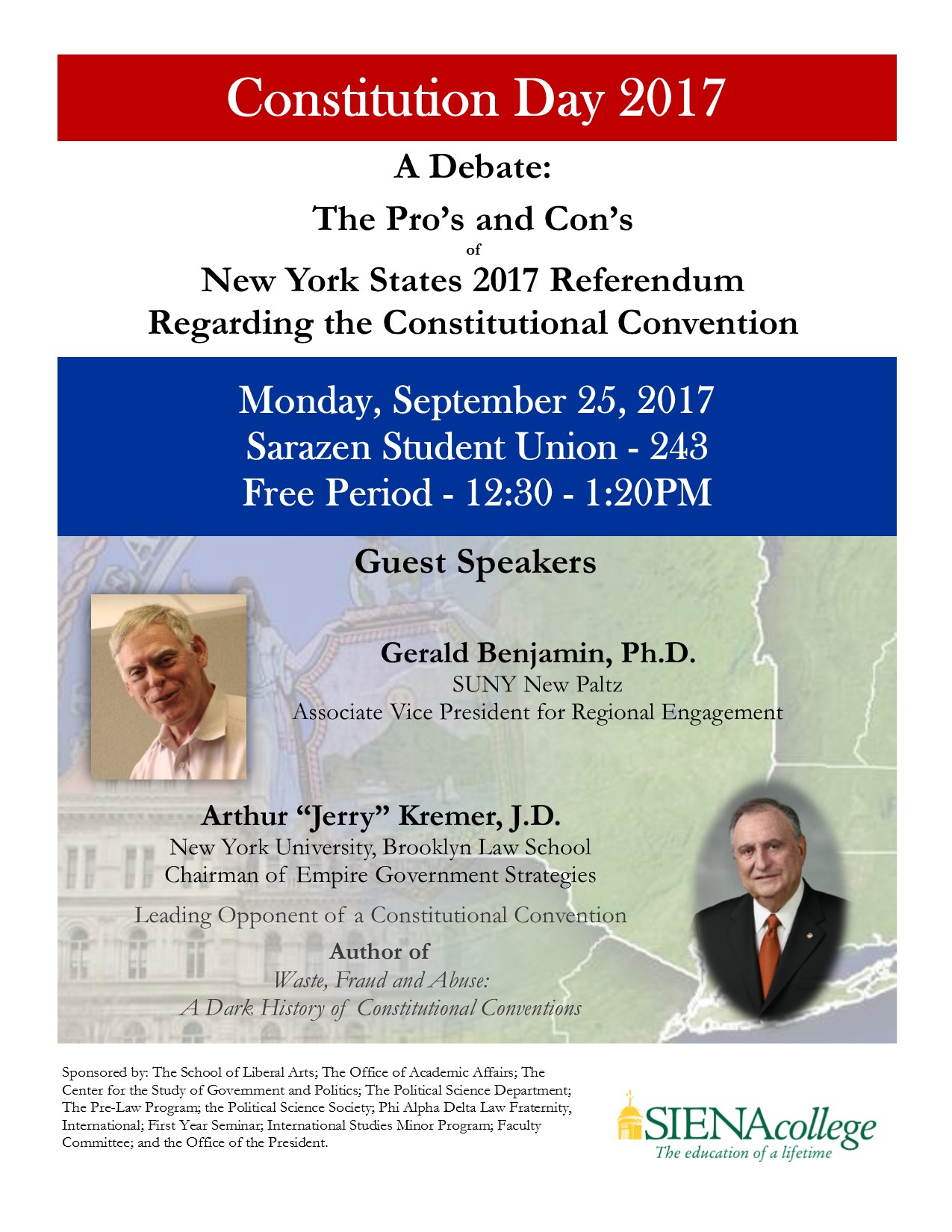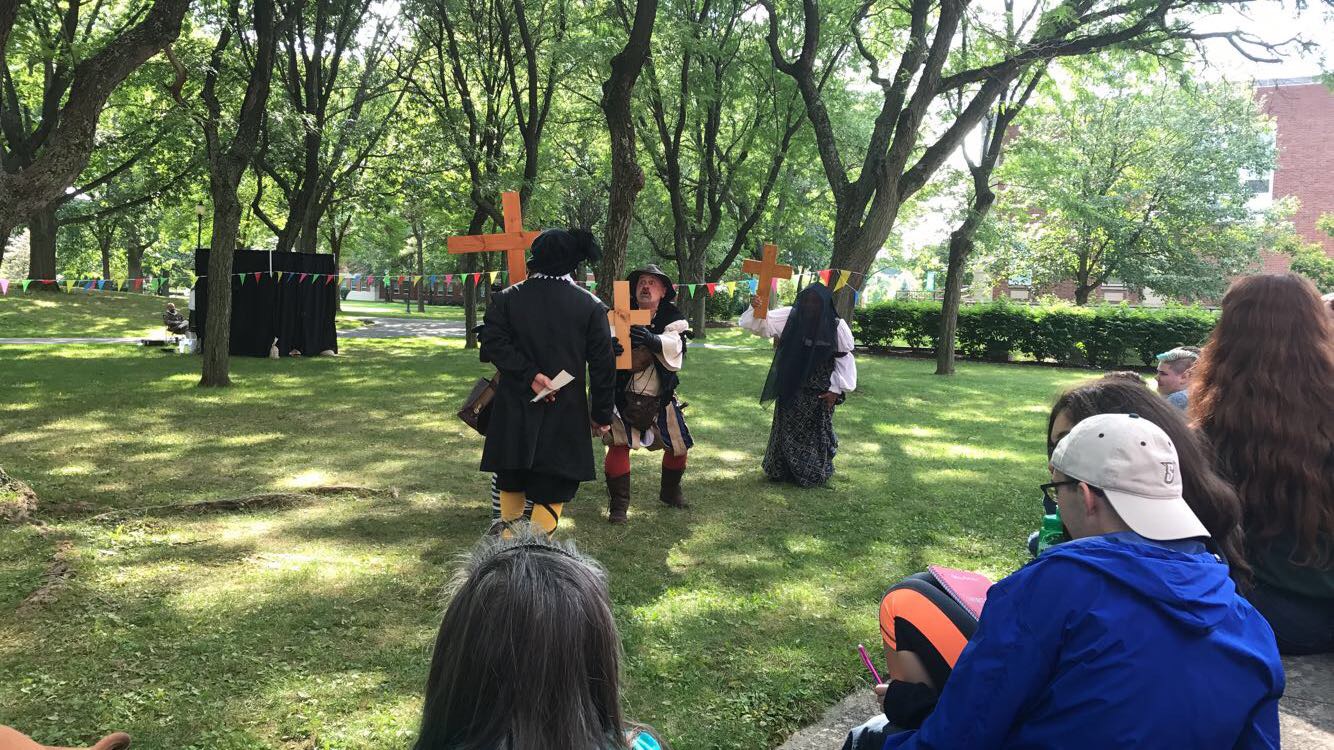
To say that I was overly ambitious entering senior year is an understatement. I’m no stranger to a jam-packed schedule, so I figured the final stretch of undergrad would be fairly manageable. I was excited to be taking on leadership roles in a few clubs, working nearly full-time hours, and having a 15 credit course load. It felt good reciting my schedule to friends and family, completely proud of myself for taking so much on.
Like many other students, I identify with being an overachiever and take advantage of every opportunity that comes my way. Unfortunately, also like many of my peers, I was quickly introduced to my limits as the semester unfolded. I ended up feeling trapped in my schedule and was buried in the workload I was so proud to be taking on just a few weeks prior.
Digging your way out of the rubble that comes after an overloaded-schedule-meltdown is no easy task. You have to challenge yourself and most likely have to step outside of your comfort zone. Even though the recovery might be painful, the reward of less stress and more time to reflect is worth it. Here are steps to bouncing back after taking on too much in the beginning of the school year.
Step 1: Sort out what matters the most
Go through your schedule and determine what matters the most to you. Ranking the importance of each commitment might be helpful in this process. Question your motives along the way. Do you still find being part of that club rewarding? Has picking up extra shifts at work really been worth losing sleep? Did you give yourself any time during the week to attend office hours or visit the Writing Center for academic support? Before you can start cutting commitments off, it is crucial to think through why you are doing what you’re doing. Determine what actually is or isn’t worth a slot in your schedule.
Step 2: Cut off what is least important
After prioritizing, it is time to let go of what no longer holds high enough importance in your schedule. For myself, this was easily the most challenging part of the process. The thought of letting down, friends, co-workers, or advisors terrified me. What’s important to remember here is that stretching yourself too thin hurts both yourself and the people counting on you. By cutting ties with a few commitments, you will be better able to manage the ones you deemed as most important. So type that email, explain that this is what is best for you right now, hit send, and take a breath. The worst part of schedule clean-up is over.
Step 3: Stay committed to less commitments
Having free time is a necessary aspect of academic success and overall well-being for college students. With this in mind, that doesn’t mean I am any less of a serial schedule-filler than I was before. I needed to declutter my days, but every now and then I am tempted to fill my open time slots with new opportunities as they present themselves. For myself and anyone else in this position, the key is to stay focused on the priorities back in step one. Stay committed to your new core schedule. Instead of only giving a little bit of your energy to many commitments, give your all to your most valued few.
As college students, it will always be tempting to load up our schedules to maximum capacity. How could we not want to? There are so many awesome opportunities everywhere we turn on campus. As we settle into midterm season, there is no better time to do some schedule decluttering.
In addition to these steps, utilizing on-campus resources can also beneficial in sorting out your commitments. Be sure to check in with the Career Center, Counseling Center, or School of Liberal Arts Office for additional advice in sorting out your workload. And most importantly, always remember to schedule time to take care of yourself first, Saints!
